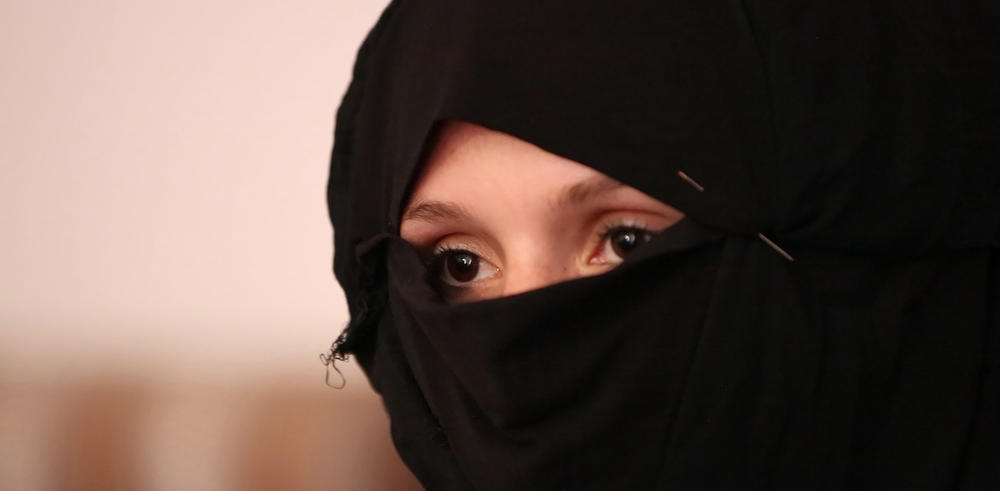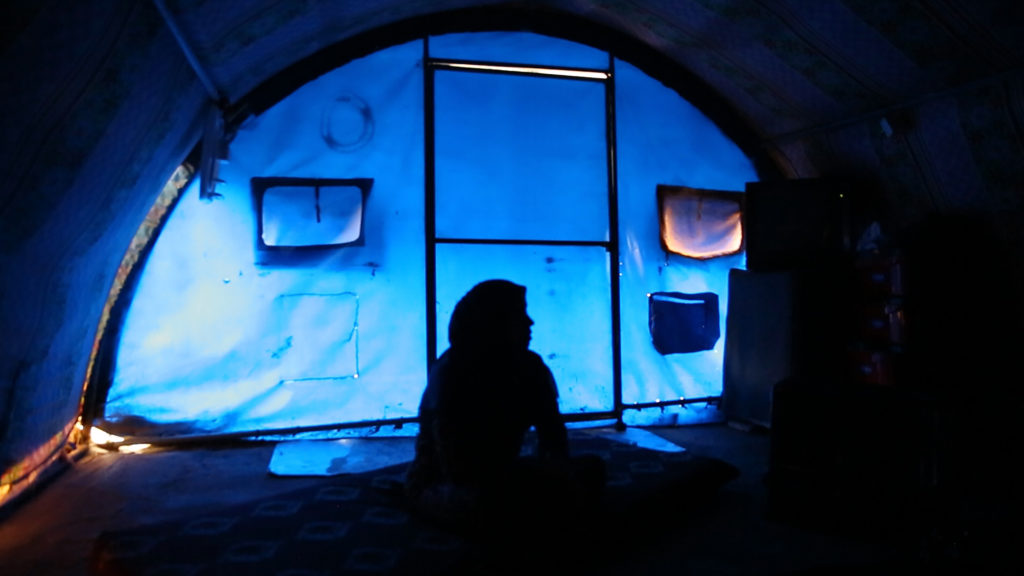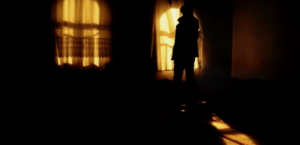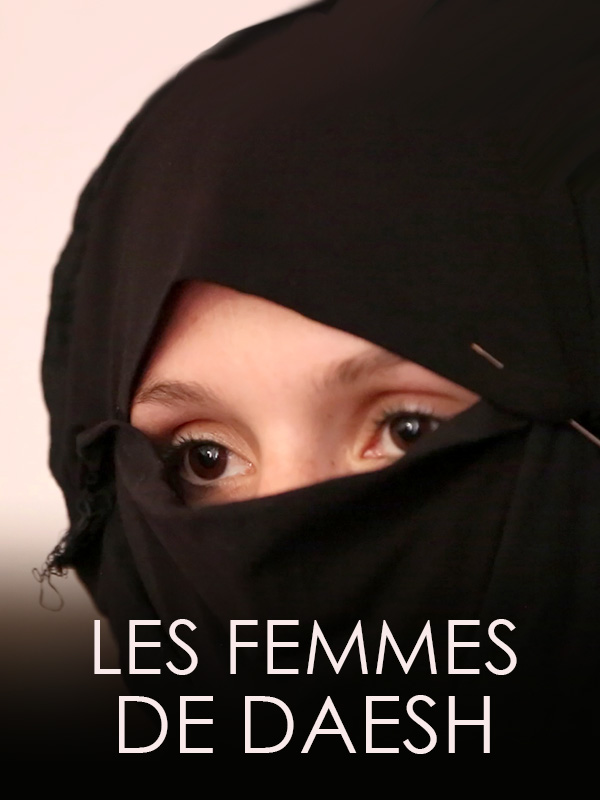The women of Daesh
On ISIS propaganda videos, they most often appeared as shadows, ghostly women veiled in black, hunched over by fear, erased by oppression, in the streets of Raqqa, Deir-ez-zor or Mosul. It happens more rarely that we see photos or videos of their silhouettes in arms, pointing their finger towards the sky as a sign of submission to God. Who are these women ? Where do they come from? What was their role within the terrorist organization? After long months of approaches and chance encounters during our previous films, we were able to establish bonds with these women marked by a certain form of trust. They exceptionally agreed to confide. “Women of the Islamic State” is a document which traces their history and the little-known role of these mothers, these wives, these fighters sometimes in an organization that is now defeated, but whose ideas have survived.
| Genre | Documentary |
| Language | Arab, French, English |
| Subtitles | French |
| Production | Memento Productions |
| Co-production | Arte G.E.I.E, Stenola Productions, RTBF |
| With the participation of | Shelter Prod, taxshelter.be et Ing |
| With the support of | CNC |
In Daesh, we know the central place of men. In “Daesh – Words of Deserters”, broadcast on Arte in 2016, we patiently and meticulously reproduced the words of Arab fighters who were initially deeply convinced of the merits of the extremist ideology of the terrorist group.
From Daesh, we know the role of children. “Ashbal – The Lion Cubs of the Caliphate”, broadcast on Arte in 2017, painted portraits of these little hands of the Islamic State, in turn intelligence agents, human bombs or cannon fodder sent to the front line of the fighting.
Today, naturally, we wish to complete this work of deciphering and investigation by undertaking in-depth work on the role and place of women in Daesh. This will be an opportunity to get rid of a certain number of preconceived ideas. It was long thought that they were only docile and obedient wives or sisters, forced to accompany a husband or brother to Syria or Iraq in a reflex of family solidarity tinged with religious ideology. Above all, we thought that they had gone astray. It is not so.
Just like men and children, it appears that Daesh has fully integrated these women, Arab or Western, into its operational and propaganda system. Far from being passive and confined to household chores and marital “obligations”, these women were fully active. Many joined the terrorist group by choice. They thus tell their stories, their motivations and their expectations.
This new documentary film is therefore the third part of a triptych which tells the story of the Islamic State machine from the inside, through the voice of its workers, the very people who made it work. This time, we relate the role of women, a threat that has long been underestimated. Today, while Daesh capitulates on a military level, the question of these women even takes on a new dimension. Who are they really? What are their deep motivations? How did they participate in the consolidation of the terrorist organization and in extending its control of populations through terror? What precisely was their operational role? Does the recent territorial disappearance of Daesh mean the collapse of its ideology for these women? Are they, as many experts fear, conditioned to raise their children in the cult of violence and hatred of “the infidel”? To make them the fighters of tomorrow, ready to sacrifice themselves so that the group's terrorist thinking survives, in the Arab world and in the West?
These testimonies are of exceptional value. They are valuable because they are rare. By returning to “civilian life”, these women regained their status as passive, submissive and obedient wives or daughters. We don't see them. By integrating Daesh and acting for it (this is not the least of the paradoxes), they violated the traditional and conservative rules of Arab-Muslim society. Today they are condemned to secrecy.
Crew
| Script | Thomas Dandois, Alexandra Kogan, François-Xavier Trégan |
| Director | Thomas Dandois |
| Producer | Thierry Marro, Stéphane Rybojad |
| Production Director | Sandrine Delegiewicz |
| Director of Photography | Thomas Danois, Mathieu Cellard |
| Editing | Alexandra Kogan |
| Sound Design | Philippe Charbonnel |
| Color Chart | Claire Beunckens |
| Post-production Director | Olan Bowland |






